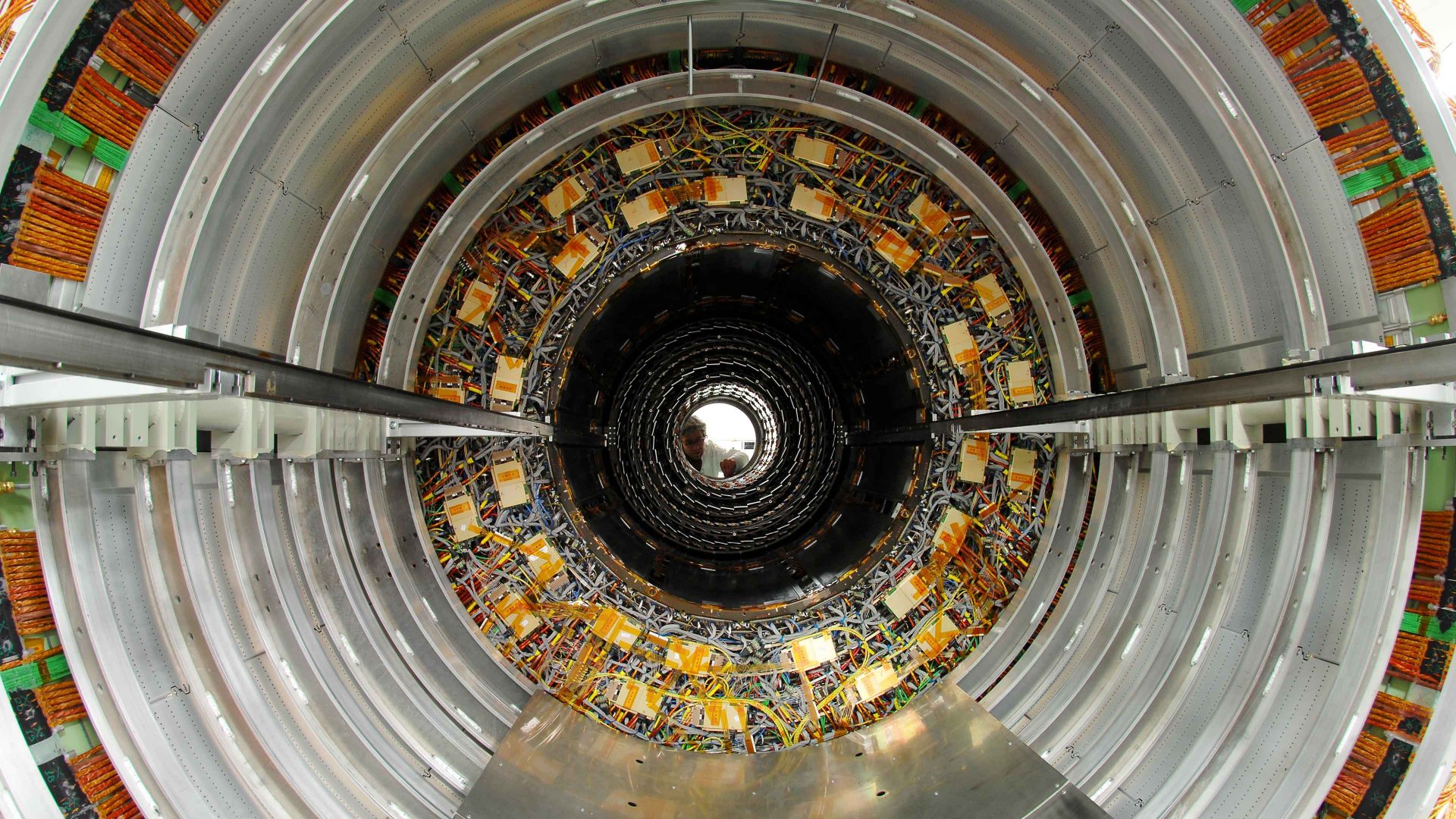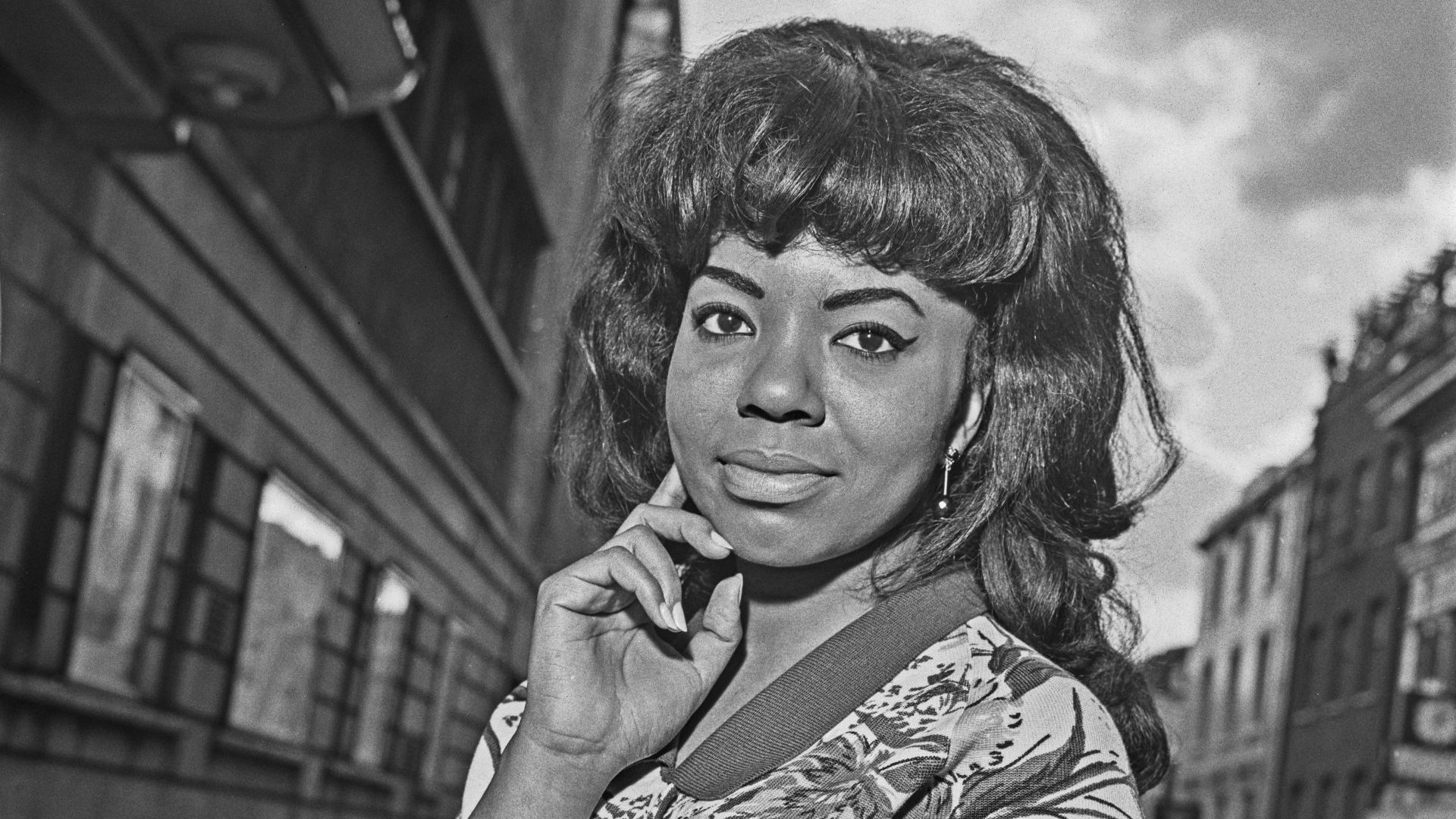Inter Alia
(Lyttleton Theatre, National Theatre, London, until September 13)
How do you follow a theatrical triumph like the award-winning Prima Facie, starring Jodie Comer, a gruelling exploration of the chasm between law and justice in the treatment of rape victims?
At first glance, writer Suzie Miller and director Justin Martin might seem to have produced a thematic sequel of sorts. Comer’s character Tessa Ensler was a barrister. In Inter Alia, Rosamund Pike delivers a quite astonishing performance as a Crown Court Judge, Jessica Parks, who also wrestles with the ethical challenges posed by the legal system and its shoddy handling of sexual assault cases.
But this is a more complex play than its predecessor, not least because, though Jessica’s monologues dominate, they are interspersed by exchanges with her KC husband, Michael (Jamie Glover) and teenage son Harry (Jasper Talbot). Rising like an indie rock star from beneath the stage, with two backing musicians, she starts as she means to go on: “Ugh! The fucking patriarchy!”
Confident in court, she struggles at home with Michael’s assumption that she is always on hand to multi-task. When he asks her to “pick up some of that red that I like when you do the alcohol run”, she replies: “Oh sure – as well as giving directions to a jury, sentencing a couple of cases, doing the main shop, and coming home to cook it all?”
She also frets that Harry has paid a price for her professional dedication (“when did I end up being the primary carer?”) and that her husband feels insecure because of her appointment to the bench before him.
To reveal more of the plot would be to spoil the impact of this remarkable production. Suffice it to say that Jessica finds her role as a judge, her ethics as a feminist and her responsibility as a parent in sudden and unexpected tension.
The law; justice for women and girls; and the most fundamental love in the world: the three ought to cohere and act in harmony. But do they? This is the question posed unflinchingly by Miller, who interviewed ten female judges as part of her research.
Standing ovations are now routine at the theatre. But I have rarely heard such vigorous and (in some cases) heated discussion after a play as I did as I was leaving the Lyttleton. Which is really the highest praise an audience can bestow upon a contemporary drama.
Inter Alia will be broadcast live to cinemas on September 4 and rescreened widely later this year.
Things Hidden: The Life and Legacy of René Girard
(YouTube)
Since I wrote about tech tycoon Peter Thiel’s fixation with the coming of the Antichrist in TNW 443 and cited his mentor, the late French historian, philosopher and literary critic, René Girard (1923-2015), I have been asked how best to get to know the latter’s work.
This superb 2024 documentary, directed by Sam Sorich, is a great place to start. Featuring interviews with the theologian Robert Barron, Peter Robinson of Stanford’s Hoover Institution, Girard’s biographer Cynthia Haven, Thiel and others, Things Hidden traces the evolution of his ideas clearly and succinctly – principally, his core belief that human desire is “mimetic”, by which he meant that it imitates the desires of others; his belief in the centrality to social cohesion of scapegoating; and his conclusion that Christianity transcends this violent ritual.
If the movie whets your appetite, try Girard’s own Violence and the Sacred (1972) and his masterpiece Things Hidden Since the Foundation of the World (1978).
Ballard
(Prime Video)
If, like me, you were a fan of Bosch and Bosch: Legacy, the ten-season detective saga set in Los Angeles – and even if you haven’t seen them – you will enjoy this spin-off series, also adapted from Michael Connelly’s best-selling books.
Maggie Q is perfectly cast as Detective Renée Ballard, relegated to run a new cold cases unit after the top brass side with a colleague she reported for sexual assault. As she reflects to her new recruit Samira Parker (Courtney Taylor): “What better way to keep the troublesome woman quiet than to silo her in the ass-end of the LAPD?”
Aside from Parker – a former officer drawn back to settle unfinished business – Ballard has to make do with reservists and volunteers. It helps that she has persuaded her former partner Thomas Laffont (John Carroll Lynch) out of contented retirement with his husband; knowing that he has her back and is always on hand to offer the aphoristic wisdom of a veteran cop (“People will do anything to keep their secrets buried and when they’ve got a gun and a badge, it’s that much worse”).
Looming over the unit is Councilman Jake Pearlman (Noah Bean) who wants Ballard to work on his sister’s unsolved murder and nothing else – least of all the case of John Doe #38, last seen on CCTV seven years before with an infant at a bus station. But, in the course of ten well- paced episodes, it becomes clear that all the plot strands are lethally entangled, and that Ballard is uncovering a network of corruption, serial murder and cover-up that will put her team in great danger.
Happily, Harry Bosch himself (Titus Welliver) is on hand to help when it counts. Since the series ends with a first-class cliff-hanger, I am pretty sure there is more to come.
Quatermass 2
(4K UHD and Blu-ray Limited Collector’s Edition)
At the junction of film noir, Cold War paranoia and 1950s pulp science fiction stands the irascible figure of Professor Bernard Quatermass. Nigel Kneale’s legendary scientist and defender of the planet against alien menace made his debut on the BBC in 1953 – and soon graduated to the big screen, courtesy of Hammer Film Productions.
In this handsome five-disc boxset, the second movie in the series, first released in 1957, directed by Val Guest and featuring Brian Donlevy in the lead role, is given a fresh lease of life, restored and remixed in 4K HDR. In this adventure, Quatermass investigates meteor showers raining down on what turns out to be a top-secret government base at Winnerden Flats.
A cover story has been spun that the facility – which uncannily resembles a moonbase he is planning – is manufacturing food. But Quatermass isn’t buying that and heads for the site with his colleague Brand (Bryan Forbes, who would go on to become one of the great directors in British film history).
What follows is a classic of alien infiltration, pre-CGI monster effects and inimitable postwar dialogue (“Who knows how many infected people they’ve got in high places?”; “Don’t be a fool, Dawson!” “We’ll need more than anti-tank guns to get us out of this!”). Sid James, billed as “Sydney James”, also makes an unexpected appearance as crime reporter Jimmy Hall, who needs “just enough skulduggery to fill one and a half columns!”
In the streaming era – when older movies are at removed at whim from the main platforms – it has never been more important to hold on to your Blu-ray player. Like Indicator’s magnificent noir boxsets and Eureka’s kung fu collections, this is a treasure for film fans.
The Catastrophe Hour: Selected Essays – Meghan Daum
(Notting Hill Editions)
Short and long essays are different artistic genres: Michel de Montaigne and E.B. White, for instance, sit on a different shelf in the literary canon to, say, Virginia Woolf and Joan Didion. In these 14 shining shards of thought and feeling, filling only 170 pages, the Los Angeles-based author and podcaster Meghan Daum shows once again that she is a contemporary master of the shorter form.
Aged 55, Daum is deeply preoccupied by the contingencies of middle age when “house hunting became an extension of end-of-life planning”. She worries, often with dark humour, about mortality, while conceding that “the life I was living in my twenties, a life that I was certain was a temporary condition, was, in fact, the only one for me.” The prospect of “leaving the detritus of my life to sift through fills me with more terror than the thought of death itself.”
Best of all are her reflections upon the identity of the modern writer, and the depressing extent to which books have become, in practice, the merch department of the attention economy. “When you think about it,” she observes, “the new digital creative economy is more or less a nonstop version of trick-or-treating.”
As a writer whose podcasts appear on YouTube, she’s also aware that “we’ve arrived at a moment in which artists and thinkers of all ages are subject to appraisals not just of their ideas but of their physical selves, often poorly lit and awkwardly framed.”
If all this sounds bleak, do not be deterred. Daum’s wry candour stretches out a hand to the reader and is a thousand times more engaging, intelligent and instructive than any number of ghastly how-to, “life hack” books. An essential writer of our times.




